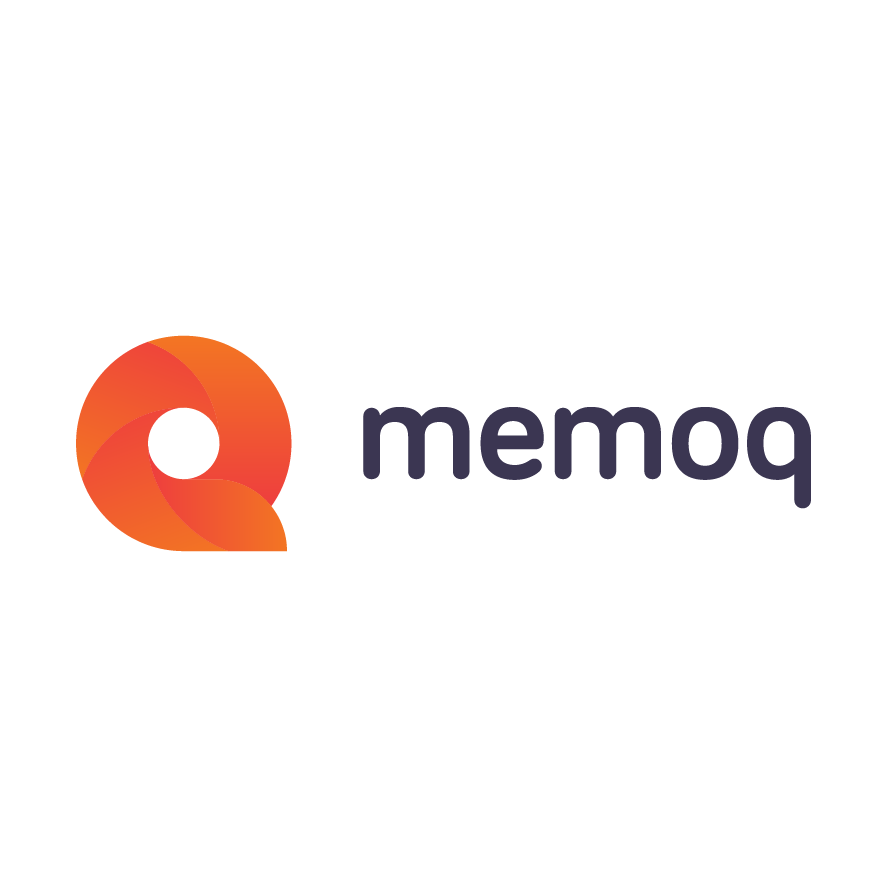Two and a half years. This is the time it took for us to take care of the automated localization management of our website. And I believe we're not the most translation technology-averse company.
When our subcontractor set up a Drupal website for us, one of the criteria in the request for proposals was easy localisation (we did not ask for Drupal or any particular engine, we wanted a good and functional website). We explained that we wanted to have pages exported, one unit of content in one document, and then automatically populated back from translated documents. While the subcontractor said they'd meet this requirement, in reality all that their XLIFF module could do was manually exporting a page at the click of a button. Fantastic. I mean... we can perfectly parse HTML and have absolutely no need for XLIFF. But we do have a need to automatically export whatever format they come up with...
So this resulted in terminating the contract with the subcontractor about two years ago, and we were left on our own. You can laugh about it, but we actually copy-pasted text into Word and from Word, this is how our website was "localized" into German. And when I see ourselves doing this complete low-tech solution, I can't even imagine what's happening in other companies...
Whenever we were saying that we eat our own dog food, we referred to the fact that we do translate in memoQ ourselves to see how it works in real life. But now our own dog food is a process management which was enabled by the Content Connectors that we first released a year ago, but only perfected after the memoQ 6.0 release this summer.
Our good old web developer, Péter Botta created a Drupal module that manages to export all nodes into an HTML file, or only the nodes that changed after a certain time. These are dumped into a folder, and a content connected project on a dedicated memoQ server picks them up, analyses them, X-translates them and pre-translates them, and then assigns them to a translator via FirstAccept (i.e. the translator claims the file). Once the translation is done, and the translator clicked Deliver, the translated document is placed back into another folder which was set up using memoQ's export path rules, and a script that runs once every day picks it up from this folder every midnight, and populates the corresponding nodes. While we only offer our website in English and German at the moment, the solution works just the same for multilingual websites as well.
It is a bit ironic that it took us 2.5 years to get here. But whenever I realize that it took us this long to solve such a trivial problem, I understand that there are thousands if not millions of small and medium (or even large) companies that probably face the same challenge, so Kilgray does have a bright future. With the early memoQ versions, we solved the problem of translating massive amounts of documentation, whereas with memoQ 6 and 6.2, we have addressed the efficient localization of frequently updated content that only changes slightly. Ask us if you are interested.

memoQ
memoQ is among the world's leading translation management systems. The favorite productivity tool for translation professionals around the globe.



